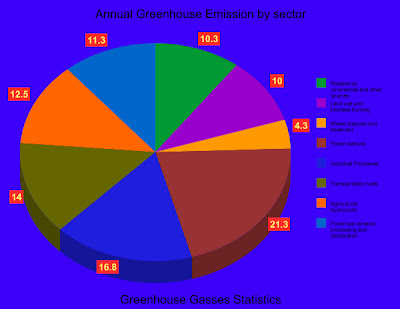Global warming threatens to kill off a million species.
1.Key Vocabulary
Match the words with their meanings.
1. Species
C. a plant or animal group
2. Extinct
F. no longer existing
3. Terrifying
A. very, very frightening
4. Irreversible
G. impossible to change or bring back
5. Assessment
H. a judgement or opinion
6. Underestimate (noun)
B. a wrong idea that something is smaller or less important than it really is
7. Conservation
D. the management of land and water to prevent it from being damaged or destroyed
8. To migrate
E. to move to another part of the world
1. The scientists who were involved in the research … d. were shocked by what they found.
2. Many plants and animals could be saved from extinction h. … if immediate action was taken to control greenhouse gases.…
3. Species in mountainous areas have a better chance of survival … g. … because they can move uphill to get cooler.
4. The results of the research … b. … were worse than the scientists expected.
5. The national flower of South Africa f. … will probably become extinct …
6. Survival rates in Europe are better a. … because it is least affected by climate change.
7. Species in flatter areas have less chance of survival … c. … because they will have to travel huge distances in order to survive.
8. Most greenhouse gases … e. … are produced by the USA and European nations.
3. Word Building
Complete the table.
Noun Adjective
1. mountain of mountain
2. globe global
3. shock shockable
4. extinction extinct
Verb Noun Adjective
5. publish publishable
6. protect protecting
7. assess assessable
8. survive surviving
Match the words in the left-hand column with the words they collocate with in the right-hand column.
1. become d. extinct
2. die a. out
3. global h. warming
4. greenhouse e. effect
5. conservation g. area
6. climate b. change
7. life f. forms
8. research c. team
5. Discussion
What are the main causes of global warming?
Mankind is the main causing global warming with the emission of greenhouse effect.
How can greenhouse gases be controlled?
Greenhouse gases can be controlled in the long term goal. The greenhouse effect can be reduced by reducing the emission of the greenhouse gasses. Alternative energy, reduce carbon footprint are the ways to control.

